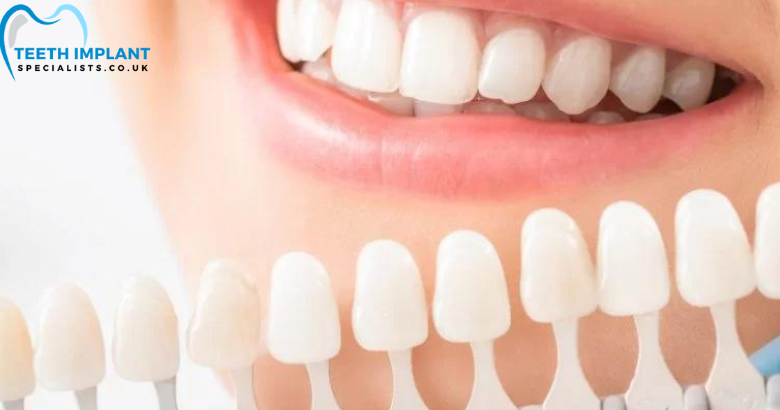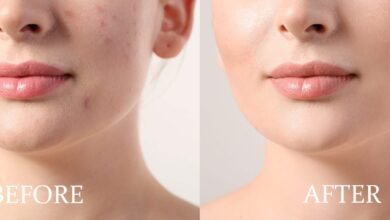
Porcelain crowns have revolutionized the field of dentistry, offering patients in the United Kingdom a versatile and durable solution for restoring damaged teeth and enhancing smiles. As a popular choice among dental professionals and patients alike, porcelain crowns have become synonymous with natural-looking aesthetics and long-term oral health. In this article, we delve into the evolution, benefits, and applications of porcelain crowns in the UK.
Evolution of Porcelain Crowns
The history of porcelain crowns dates back to the early 20th century when dental researchers began experimenting with various materials to create durable and aesthetically pleasing restorations. Over time, advancements in dental ceramics and manufacturing techniques have transformed porcelain crowns into highly customizable and lifelike solutions for addressing a wide range of dental concerns.
In the UK, dental professionals have embraced porcelain crowns as a cornerstone of modern restorative dentistry. With their ability to mimic the natural appearance of teeth, porcelain crowns have become an integral part of smile makeovers, dental reconstructions, and cosmetic enhancements across the country.
Composition and Characteristics
Porcelain crowns, also known as ceramic crowns, are meticulously crafted to blend seamlessly with the patient’s natural dentition. Unlike traditional metal crowns, which may be visible when smiling or speaking, porcelain crowns offer a more discreet and aesthetically pleasing alternative.
The composition of porcelain crowns typically involves high-quality dental ceramics that closely resemble the translucency and texture of natural tooth enamel. This allows light to pass through the crown, giving it a lifelike appearance that seamlessly integrates with the surrounding teeth.
In addition to their aesthetic appeal, porcelain crowns exhibit exceptional strength and durability, enabling patients to enjoy long-lasting results without compromising on functionality or comfort. With proper care and maintenance, porcelain crowns can withstand the rigors of daily use and maintain their appearance for many years.
Applications of Porcelain Crowns
Porcelain crowns serve a variety of functional and cosmetic purposes, making them a versatile treatment option for patients in the UK. Some common applications of porcelain crowns include:
Restoring Damaged Teeth: Porcelain crowns are used to restore teeth that have been weakened or damaged due to decay, trauma, or structural abnormalities. By encasing the affected tooth in a protective ceramic shell, porcelain crowns provide strength and stability while preserving the natural aesthetics of the smile.
Cosmetic Enhancements: Patients seeking to improve the appearance of their smiles often turn to porcelain crowns for cosmetic enhancements. Whether addressing issues such as discoloration, misalignment, or irregular shape, porcelain crowns offer a conservative and effective solution for achieving a more harmonious and attractive smile.
Replacing Missing Teeth: In cases where a tooth is missing or irreparably damaged, porcelain crowns can be used in conjunction with dental implants or bridges to fill the gap and restore function to the bite. By anchoring the prosthetic tooth securely to the surrounding teeth or implant abutments, porcelain crowns help maintain proper occlusion and prevent shifting of adjacent teeth.
Protecting Dental Restorations: Porcelain crowns can also be used to protect and strengthen existing dental restorations, such as large fillings or root canal-treated teeth. By covering the vulnerable tooth structure with a durable ceramic shell, porcelain crowns reduce the risk of fracture or recurrent decay, prolonging the lifespan of the restoration.
Advantages of Porcelain Crowns
Porcelain crowns offer numerous advantages that make them a preferred choice for patients and dentists alike:
Natural Aesthetics: The ability of porcelain crowns to mimic the appearance of natural teeth makes them virtually indistinguishable from surrounding dentition, ensuring a seamless and aesthetically pleasing result.
Biocompatibility: Porcelain crowns are hypoallergenic and biocompatible, making them safe for patients with sensitivities or allergies to metal alloys.
Longevity: With proper care and maintenance, porcelain crowns can last for many years, providing patients with durable and reliable restorations that withstand the demands of everyday life.
Minimal Tooth Preparation: Compared to traditional crowns, porcelain crowns require minimal tooth preparation, preserving more of the natural tooth structure and promoting optimal oral health.
Stain Resistance: Porcelain crowns are highly resistant to staining and discoloration, allowing patients to enjoy a bright and vibrant smile for years to come.
Conclusion
Porcelain crowns have emerged as a cornerstone of modern restorative and cosmetic dentistry in the United Kingdom, offering patients a versatile, durable, and aesthetically pleasing solution for addressing a wide range of dental concerns. With their natural appearance, exceptional strength, and long-term durability, porcelain crowns continue to enhance smiles and improve oral health outcomes for patients across the country.
As dental technology and materials continue to advance, the future of porcelain crowns in the UK looks brighter than ever, promising even more innovative solutions and superior outcomes for patients seeking to achieve the smile of their dreams. Whether restoring damaged teeth, enhancing aesthetics, or replacing missing teeth, porcelain crowns remain a trusted choice for patients seeking excellence in dental care.



